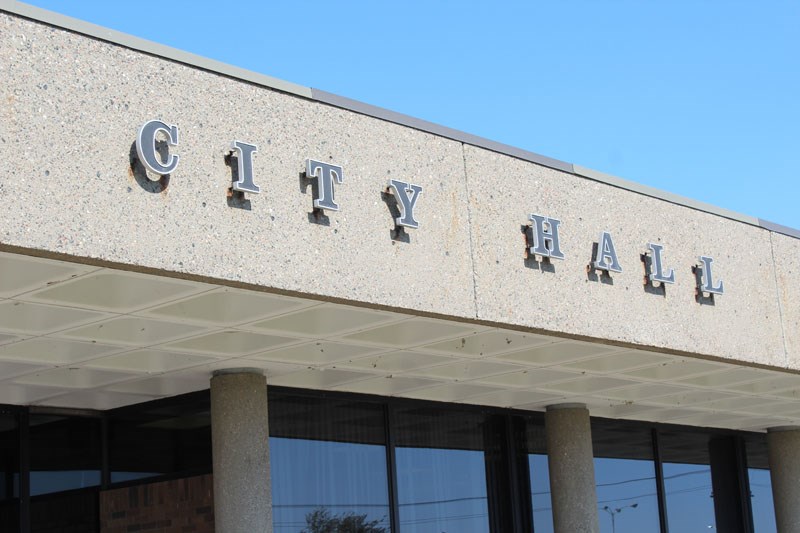If you’ve paid attention to what’s been written in this space, most recently when council’s new organizational and procedural bylaw got rid of the community comments and feedback portion of council meeting in favour of pre-vetted delegations and consultations or back a few years ago when the question period that used to come at the end of council meetings was eliminated after community comments were added near the start, this newspaper’s position has been clear. People should have the right to ask council questions without being approved to address them beforehand, and to expect answers to those questions to be given publicly, if not right at the time of the query, than at the first meeting after an answer has been obtained.
Council doesn’t deserve credit, per se, for bringing in amendments to the new bylaw that would see community comments and feedback return, any more than someone who commits a crime and then turns themselves in and confesses does. The right thing to do is not to do the thing that you later have to backtrack on in the first place. But recognizing that a mistake was made and taking steps to rectify it are the only things you can do once the error has been committed. So it’s good that they are doing that.
A common complaint about democracy is that politicians only listen to voters when it’s election time and then, once they are back in office, forget all the promises they made on the campaign trail. A lot of the time this is true. Sometimes it’s because they are prevented from doing the things they promised to do and other times it is because they never really intended to do them. The fault for this situation lies partly with the politicians and partly with voters. If you elect people who tell you the things you want to hear, regardless of whether they are possible or not, you can only complain so much when the impossible thing you demanded doesn’t get delivered. But the blame the politician deserves is not for not doing the impossible thing, but for pretending it was possible in the first place. Regardless, when it comes to politics in general, there is a lot of apathy and a belief among many would-be voters that it doesn’t matter if they cast a ballot or not. This attitude is at least partly justified but it is still incumbent upon elected officials to not pursue policies that make it even less likely that people will be engaged in politics, unless perhaps you are the Republican party in the states and believe that more people voting will probably be worse for your party, which explains their recent love of “voting reform,” or, as their opponents call it, “voting suppression.”
The fact that politicians work for the people, in the sense that it is citizens who pay their salaries and bear the brunt of their failures and maybe occasionally benefit from their successes, gives those people the right to demand answers and to criticize decisions that elected officials have made with which they don’t agree. It doesn’t, however, give them the right to verbally abuse the mayor, councillors or city staff for the sake of entertainment or just out of spite. While it’s extremely unlikely that community comments could b removed from council meeting agendas again before the end of this term (presuming the amending bylaw passes second and third reading and that part of meetings makes a comeback), literally nothing prevents a council from doing so if they so wish. Given that they hold that power, it would probably be best for citizens to remains respectful when asking questions once the comments section returns. This advice is both practical (don’t piss off the people who can change the rues) and idealistic (wouldn’t it be nice to live in a world where not all disagreements meant the person with the opposing opinion was a horrible idiot with no redeeming qualities?). Using community comments as a time to launch partisan attacks or grind personal axes isn’t particularly helpful to those who have genuine concerns they want – and deserve to have – addressed.


